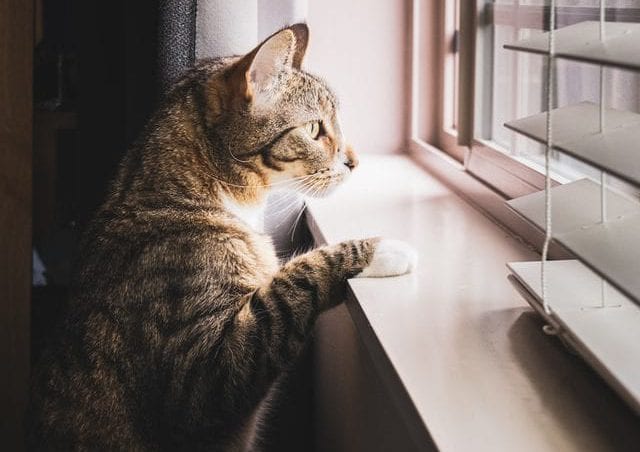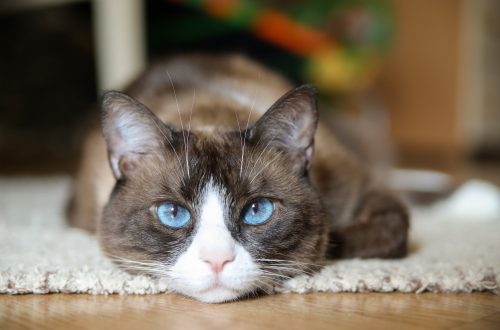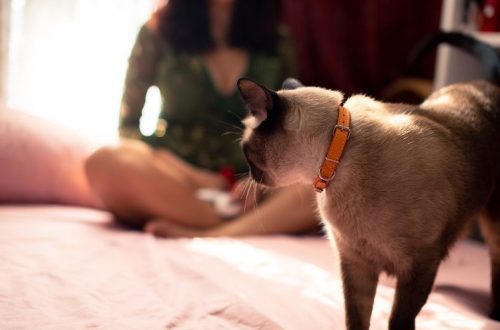
Leaving the cat at home alone
It may seem that cats do not care if there are owners at home or not, but some animals, especially strongly attached to the owner, may experience separation anxiety. Watch to see if your cat is anxious or worried about being left alone, and take steps to keep her calm when you are away.
Separation anxiety symptoms. Separation anxiety manifests itself in a cat in many ways: she may meow for a long time or lick herself too thoroughly in your absence, urinate on your personal belongings or near the front door. In fact, it can be any actions that deviate from her normal behavior.
Make sure all of your cat’s needs are met. Pets are sensitive to changes in the once established routine, especially when it comes to food intake. Be as consistent as possible in this: feed the cat in the same place in your house and at the same time. Also, don’t forget to clean the litter box on time, even if you’re too busy.
- Do something for the cat. Make sure your pet has plenty of interesting toys to play with while you’re away. And when you are at home, give her as much attention as possible: during the game, the cat does not show anxiety. Thanks to this, you will maintain the emotional balance of the pet. Check out Hill’s expert tips and tricks on how to play with cats the right way.

It is necessary to clarify with a specialist how long a cat can be left alone, whether it can, for example, be left for a week. Your veterinarian can help you resolve your pet’s separation anxiety problems. If you don’t see results after following the steps above, your veterinarian will likely need to examine your cat more closely to rule out underlying health problems or recommend additional treatments for anxiety.





